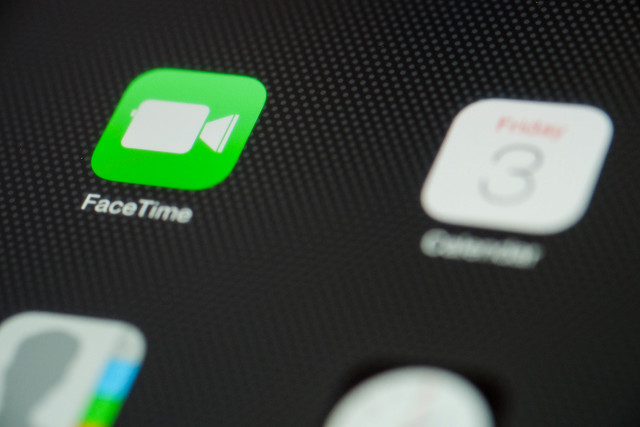Why it matters to you
Were you forced to upgrade to iOS7 because of a “bug?” A lawsuit alleges that Apple actually broke FaceTime on iOS 6 to save money.
Apple has been accused in the past of planned obsolescence, a policy of designing a product that requires frequent upgrading. Now, a recent lawsuit fingers a new culprit as the cause of older Apple products’ degradation: FaceTime.
According to a lawsuit filed in California on Thursday, Apple intentionally broke its FaceTime video chat app on devices running iOS 6 and earlier in order to avoid high monthly data charges from Akamai, a server company that Apple contracted to serve multimedia content.
More: Furious iPhone 4S owners sue Apple for $5 million, alleging iOS 9 crippled their iPhones
According to AppleInsider, Apple used two methods of handling FaceTime sessions when the feature launched in 2010. One, a peer-to-peer technology, transmitted audio and video data over a direct connection between two iPhones, while the second, a “relay” method, routed traffic through Akamai’s servers.
Calls initially accounted for 5 to 10 percent of Akamai’s traffic, but usage soon spiked — Apple racked up a $50 million bill between 2013 and 2016, or around $8.3 million per month. Making matters worse, the iPhone maker was forced to ditch FaceTime’s peer-to-peer technology as the result of a lawsuit filed by VirnetX. In November 2012, a jury found Apple guilty of infringing on the company’s networking patents, and fined Apple $368 million.
Court documents that emerged during the VirnetX trial paint a damning picture. Apple executives expressed concern over the increased server usage, even going so far as to circulate an internal email with the subject line “Ways to Reduce Relay Usage” among Apple’s FaceTime engineers. The company came up with a peer-to-peer workaround for iOS 7, but one that wasn’t backward compatible with devices running iOS 6.
The lawsuit alleges that Apple devised a plan to “break” FaceTime on iOS 6 and earlier versions by causing the app’s certificate — the digital signature that verifies the app’s integrity and allows it to launch — to expire in April 2014. It blamed the incompatibility on a bug.
The suit cites two pieces of evidence: An email exchange between Apple engineers Patrick Gates and Gokul Thirumalai, and an Apple support page mentioning FaceTime’s ostensible incompatibility with iOS 6.
“Hey, guys. I’m looking at the Akamai contract for next year. I understand we did something in April around iOS 6 to reduce relay utilization,” an Apple engineering manager said. Another engineer replied, “It was a big user of relay bandwidth. We broke iOS 6, and the only way to get FaceTime working again is to upgrade to iOS 7.”
More: Which smartphone OS wins 2016? Android Nougat vs. iOS 10 vs. Windows 10 Mobile
Apple’s FaceTime support page in 2014, since updated, refers to the FaceTime issue as a “bug.”
“If you started to have issues making or receiving FaceTime calls after April 2014, your device or your friend’s device may have encountered a bug resulting from a device certificate that expired on that date. Updating both devices to the latest software will resolve this issue.”
Users with iOS 6 devices were left with no choice but to upgrade to iOS 7. And iOS 7, the lawsuit alleges, caused older devices like the iPhone 4 and iPhone 4S to become sluggish, crash, and run apps at “slower than optimal speeds.”
The suit is seeking undisclosed damages under California’s unfair competition law.

